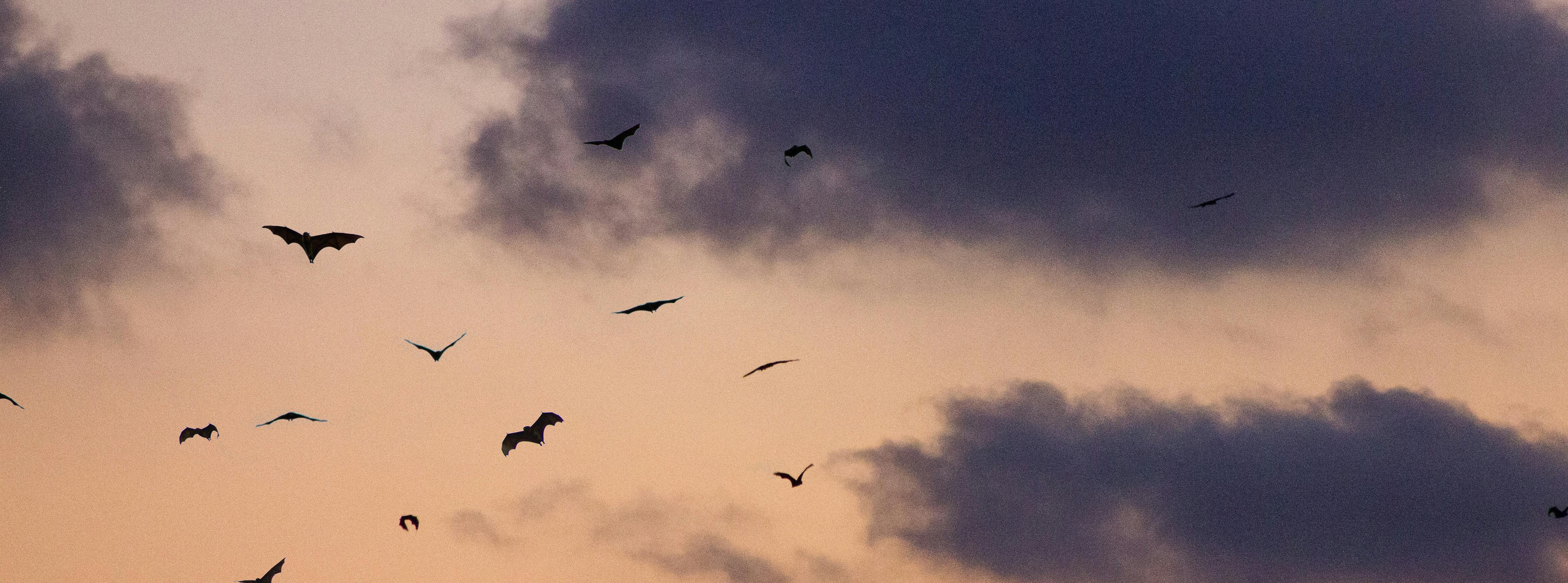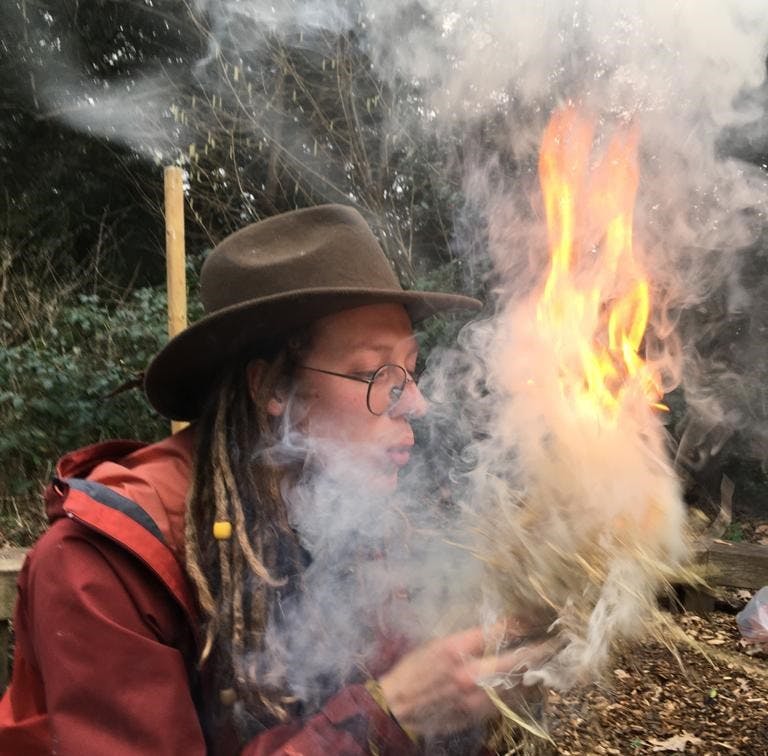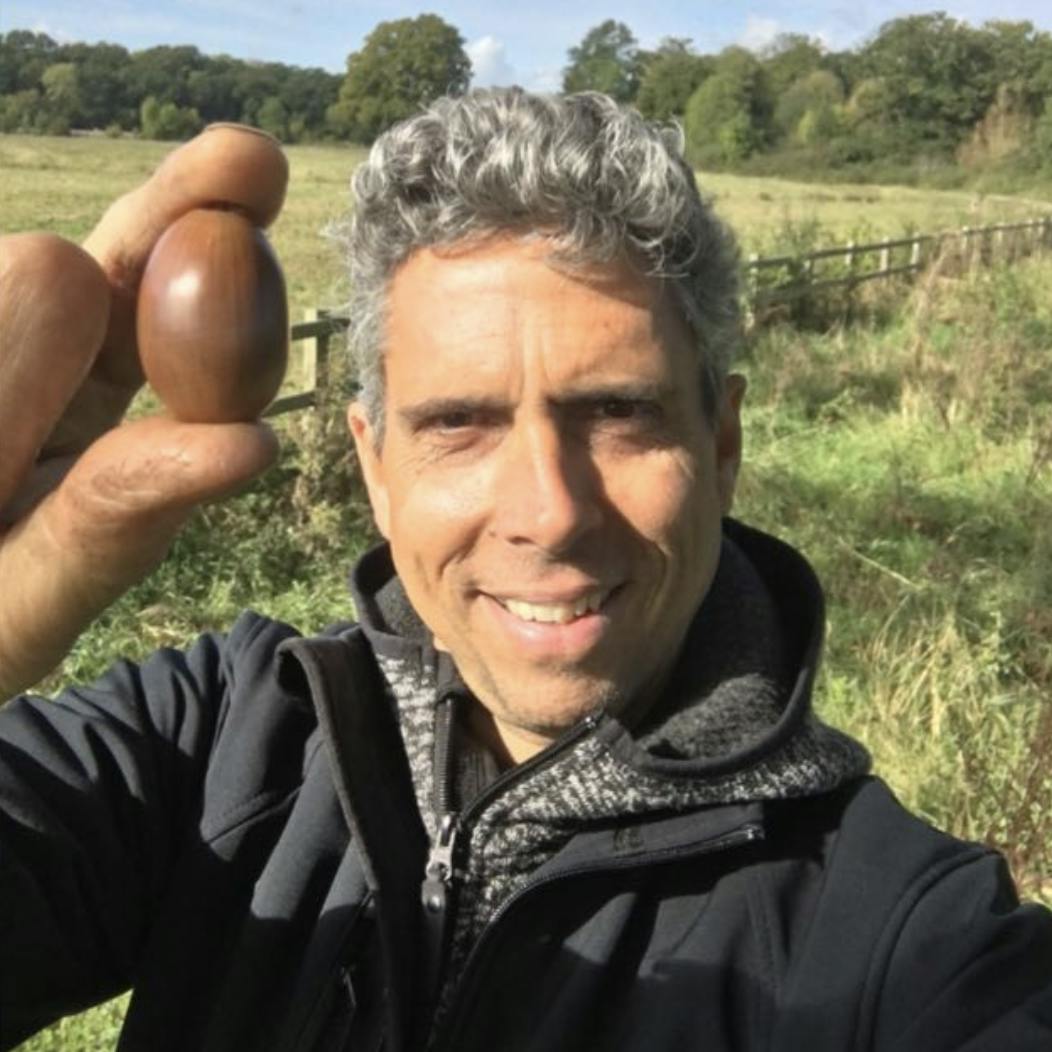Lending Library
Did you know that Braywick Nature Centre holds a selection of field recording equipment that can be lent out, free, to residents of the Royal Borough of Windsor and Maidenhead.
In order to conserve nature, we need to know what is around us and how it is changing. Field identification is key to this.
To help enable the brilliant wildlife community groups, the Borough have purchased some new field monitoring equipment. This is called the Equipment Lending Library and is stored at Braywick Nature Centre.
Please review our catalogue of equipment and then email bnc@rbwm.gov.uk to enquire borrowing any equipment. We normally get back in 2-3 working days and then can normally arrange collection from Braywick Nature Centre. Usually, you can borrow something for 2 weeks, and then return equipment.
The equipment is free to borrow for Borough residents, to complete their own surveys of local nature. Once surveyed, please fill in the following form and upload your results to a national monitoring scheme (we will provide more info on this) to ensure the data collected helps conserve our wildlife! This will also help us to complete the targets set in our Biodiversity Action Plan.
Check out the image of just some of the equipment on offer and see the full list written in the documents tab of this webpage. We do ask borrowing groups to be responsible for their own safety and returning the equipment in good condition.
We hope you enjoy finding more about the wildlife in your local Borough of Windsor and Maidenhead.
Please note:
- Equipment is intended for residents of The Borough. If you live outside the Borough you will not have priority but you may still be able to borrow.
- Please record what you find! Ask us what is the best way depending on what you are borrowing and what your experience is, and we can advise.
- Please note if you live outside of Berkshire or Oxfordshire, your results shouldn't be sent to TVERC but should be sent to your local Records Centre - find this here.
See most of our equipment below (excludes field guides). See the Document catalogue on this page for the full listings.
Equipment Type | Quantity |
Elekon Bat scanner Bat Detector | 5 |
Batbox 3 Bat scanner | 3 |
Pulsar Axion XM30F Thermal Imaging Monocular | 1 |
Mammal Tracking Tunnel + footprint tracking charcoal | 1+1 |
Longworth Mammal Trap | 5 |
PVC Thigh Waders | 4 (Sizes 6,7,8,10) |
| Chest waders | 10,11,12 |
NHBS Moth Trap (Starter Kit) | 1 |
Video endoscope | 1 |
Renewable energy kit | 1 |
Mega Pixels Scouting Camera | 1 |
Large sweep nets | 3 |
Small sweep nets | 5 |
Q1 quadrats | 8 |
Tape measures | 3 |









